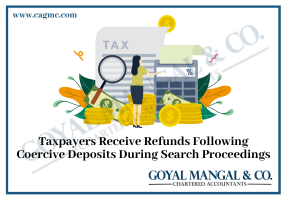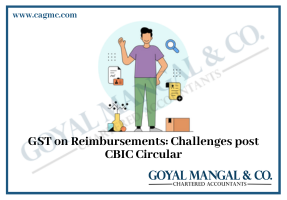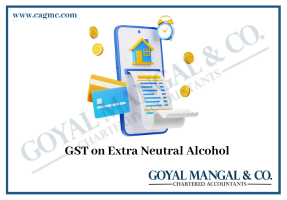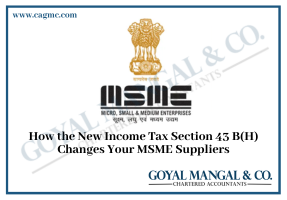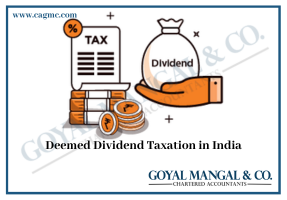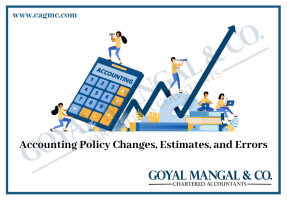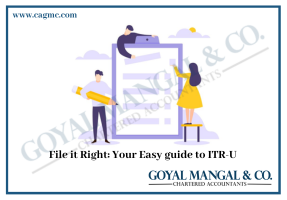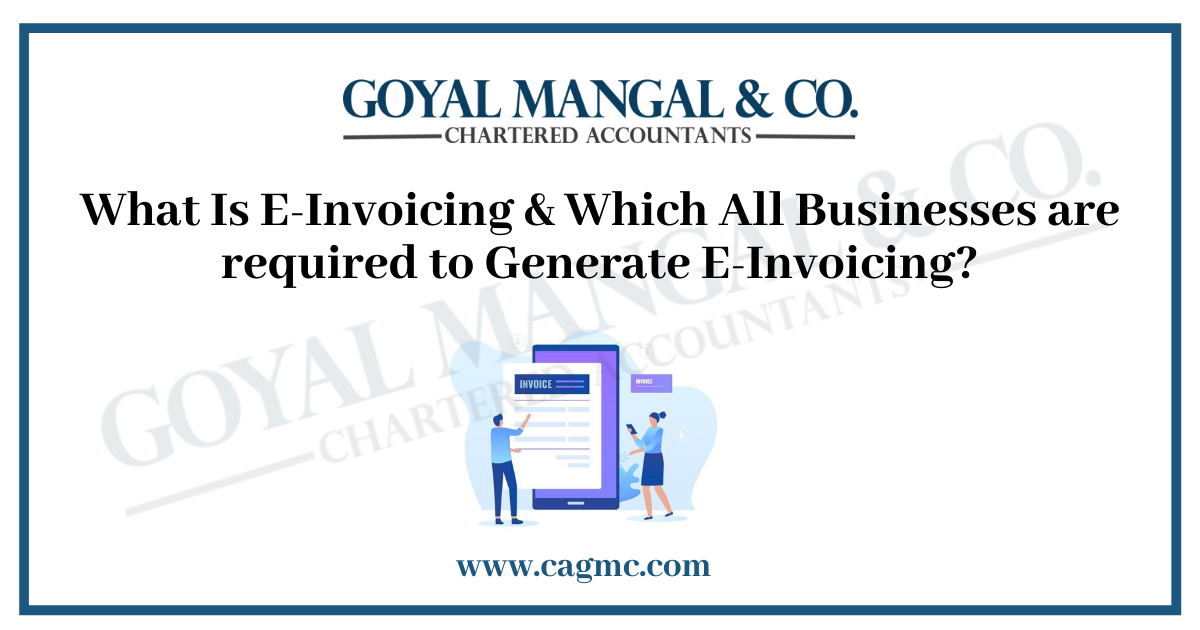
The e-invoicing system under GST was implemented on 1 October 2020 to taxpayers with a combined profit of more than Rs.500 crore. Electronic invoices extended to businesses with combined profit exceeding Rs.100 crore with effect from 1 January 2021. This article discusses what is E-invoicing and which all businesses are required to generate e-invoicing.
|
Table of contents |
What is e-invoicing?
Electronic invoices or e-invoices are a system in which you can raise invoices, and invoices produced under this system can also be read by other systems. It also reduces the need for any new data entries or errors. Invoices produced under this system have a standard format and data can be shared with others.
Benefits of E-invoice
- All data under form GSTR-1 is kept ready for inclusion while using the e-invoicing system.
- It helps to eliminate reporting in multiple formats as it generates invoices simultaneously reporting B2B invoices.
- By using invoice data you can also generate E-way bills.
- There is little need for data payment between GST letters and refunds filed.
- It also completes the verification of Input Tax Credit issues.
- It assists in the efficient and effective management of the taxation process.
- Electronic invoices may reduce the amount of fraud as access is also available to tax authorities.
- Lastly also eliminates counterfeit GST production.
How Can Businesses Be Saved With GST E-Invoice?
Over the past few years, technology has introduced significant improvements in financial management. Digital accounting has made the process easier for taxpayers and is flawless. Invoices are also digitally converted, accounting has changed. Invoices help companies monitor businesses in their sales and keep records of their finances.
Under the GST framework, e-invoice is an electronic verification method. GST officials are allowed to use invoices for reporting B2B invoices registered with the department’s portfolio. This ensures that companies report timely B2B invoices that must be registered and certified on the GST portal or GSTN portal. The electronic invoice supports dual B2B monitoring and GST compliance monitoring.
What are all the businesses required to start E-Invoicing?
Compulsory electronic invoices from 1 October 2020, for all businesses with a total profit of more than Rs. 500 crore for any financial year from 2017-2018 to 2018-2019. It has also begun to work more and more for businesses with the full potential of more than Rs. 100 crore in any financial year from 2017-2018 to 2019-2020 from 1 January 2021. In addition from 1 April 2021, it is applicable to businesses with a total profit of more than Rs. 50 crore.
Without regard to profit, E-invoices does not apply to the following registered persons:
- Insurer or banking company or financial institution that includes the NBFC;
- Agency of goods transport;
- A registered person providing services to transport passengers;
- A registered person who provides services through access to cinematographic film screenings on multiple services;
- Special Economic Zone Unit;
Note: As per the number notice 61/2020 SEZ, units are exempt from issuing an invoice for e. No release is available for SEZ developers.
- Government department and local authority.
What is the current invoice system?
Currently, businesses produce invoices with various software, and details of these invoices are uploaded directly to GSTR-1 recovery. Once the relevant providers have installed GSTR-1, the invoice information is displayed in GSTR-2A for recipients for viewing purposes only. Alternatively, the sender or carriers should incur e-way bills by re-submitting invoices to excel or JSON in person.
Under the invoice system (to be operational from 1 October 2020), the process of generating and uploading invoice information will remain the same. It will be done by importing using excel/JSON tool or by integrating the API, directly or through the GST Suvidha Provider (GSP). Data will easily flow to GSTR-1 configuration and e-way payment generation as well. The e-invoice system will be an important tool for approving this.
Final words
The e-invoice system applies to GST registered individuals whose total profit for the financial year is more than Rs.50 million. Effective April 1, 2022, it will apply to those earning more than Rs.20 crore. However, exceptions include Special Economic Zones (SEZ) units, insurance, banks, financial institutions, NBFCs, GTA, passenger transport services, and movie ticket sales. However, exceptions include Special Economic Zones (SEZ) units, insurance, banks, financial institutions, NBFCs, GTA, passenger transport services, and movie ticket sales.

